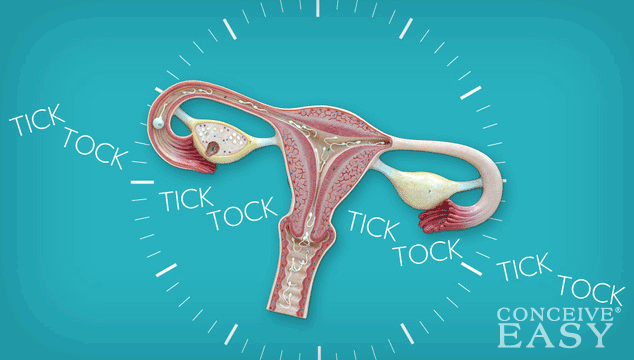
DHEA is short for dihydroepiandrosterone. DHEA is a hormone that is slightly on the androgen (male) side. DHEA naturally occurs in our bodies, and is known to help cognitive function as people get older and may even be able to slow the progression of Alzheimer’s disease. However, lately, doctors have been focusing on DHEA for another reason: fertility. Claim Your 20 Free Pregnancy Tests – Click Here

A study was conducted recently of 33 women who had been diagnosed as having low ovarian reserves. 17 of those women were given DHEA once per day before starting their IVF cycles. The results were nothing short of astonishing. The women who had been given DHEA had a live birth rate of 23 percent within their group.
Those women who did not receive the DHEA? Their group had only a 4 percent live birth rate. The doctor that conducted this trial stated: “In this small trial, DHEA seemed to have a positive impact on the IVF success rate for a group of women who were predicted to have a very low success rate,” stated Dr. Burger.
“Larger studies are needed to determine which fertility patients may benefit from DHEA supplementation and if there are any downsides.” While this particular study was very small, it does show great promise as to what DHEA may be able to do for women who are suffering from fertility problems.

DHEA can help the IVF process to be more successful for women who have diminished ovarian reserves. This is because it is a precursor for one of the many steroid hormones that is vital to egg health. This means that maybe the DHEA is able to help the eggs to develop and become mature when the body was unable to do it on it’s own. Also, the DHEA can be helpful since it promotes a higher proportion of testosterone and does not over stimulate the ovaries.

There have not been very many side effects reported along with DHEA. A few women reported having more acne than usual or mildly oily skin. The majority of side effects that were reported, believe it or not, were positive side effects. The chance of miscarriage was diminished, and women who took DHEA were happy to report improved moods, improved sex drive, improved memory, and an overall feeling of good general well being. The future certainly looks rosy for this new fertility hormone.

The majority of women who will benefit from DHEA are older women who have diminished ovarian reserve. These women might not have thought they would ever be able to become pregnant, but now there might be an option for them after all. If DHEA is proven to be able to at least somewhat reverse diminished ovarian reserve, it could be a huge breakthrough in the fertility world.










Comments